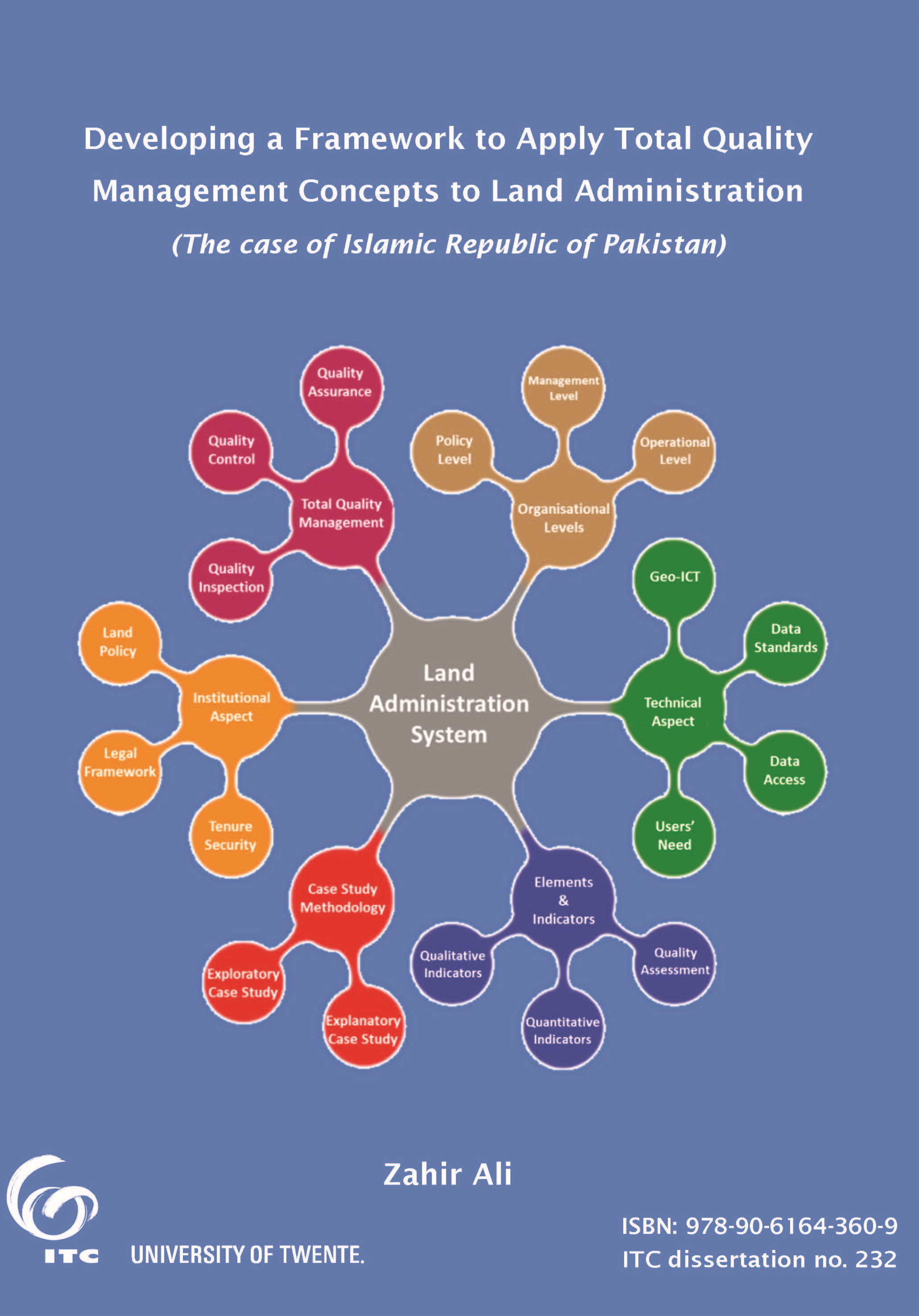Power for Development : A Review of the World Bank Group's Experience with Private Participation in the Electricity Sector
The purpose of this study is to assess
the results of the World Bank Group's (WBG's)
private sector development (PSD)-related interventions
during the 1990s in the power sectors of some 80 developing
and transition countries and to answer four evaluation
questions: (i) how have private participation and the
WBG's role changed in the 1990s; (ii) to what extent
has the WBG's assistance supported its PSDE strategies;





